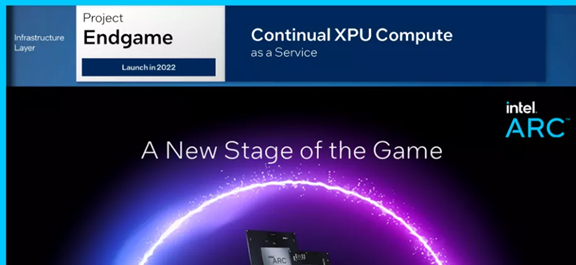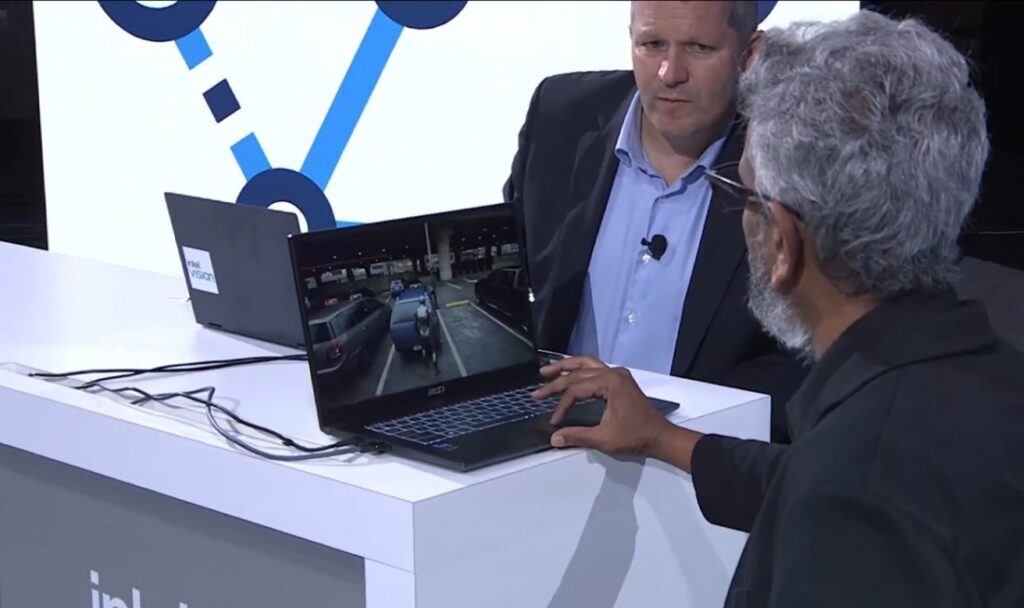Intel’s ambitious Project Endgame, announced in May 2022 and aimed to empower users with the processing power of cloud-based Intel Arc GPUs on their local systems, has been put on hold.
Intel said via Twitter that its Project Endgame has been put on an indefinite hold. The project was announced during the Investor Meeting in May 2022 by Raja Koduri, who at the time was Intel’s senior VP and GM of Intel graphics group. Project Endgame was claimed at the time to offer low latency and continuous access to Intel Arc AIBs from any location, serving clients, edge devices, and the cloud. Where those extra Arc AIBs would be located was never explained.

The project’s beta version, initially planned for release by the end of 2022, failed to materialize. That left users with uncertain prospects for accessing the promised increased GPU performance through the cloud.

At Vision 2022 in May, Koduri gave a live demo of Endgame using a low-power laptop running Epic Games’ The Matrix Awakens demo. The laptop didn’t have sufficient power to run the game at the desired frame rate. To address this, Koduri turned on the continual compute option, which connected the laptop to a nearby Arc-based system, leveraging its GPU power without modifying the game demo settings. It was impressive.
However, regardless of the impressive demo and potential applications for various games and GPU compute-dependent software, Intel has not provided any updates since. Also, the company has not given any reasons behind the project’s hold.
Endgame was not like Web services like GeForce Now, which generate virtual instances of cloud-based games. Endgame’s approach would have allowed users to seamlessly tap into additional compute power from the network (assuming there were other Arc AIBs systems on the network) with just a single click. That would make it an intriguing alternative to existing cloud gaming services and eliminate the licensing issues some providers are facing; as Intel indicated, it would not require any special accounts to function. Despite the current hold, it’s possible Intel will revive the project at a later date after it fixes some of its current problems, as one can only fight on so many fronts at the same time.